team

Winston Chiong, MD PhD
Principal Investigatorwinston.chiong (at) ucsf.edu
https://profiles.ucsf.edu/winston.chiong
Scholar Citations
I have several roles at UCSF, which (I hope) inform one another as each of them involves challenges in thinking about the brain and important decisions that patients, caregivers, and clinicians face. I am a behavioral neurologist, and my clinical practice focuses on Alzheimer’s disease, frontotemporal dementia, and other cognitive disorders of aging. I am also a cognitive neuroscientist, applying observations from clinic to investigate why patients like mine are vulnerable to making bad decisions. Furthermore, I am a neuroethicist, working alongside other clinicians, researchers, and policymakers to address the ethical and social implications of changes in decision-making due to altered brain function.
I studied philosophy as an undergraduate at UC Berkeley. During medical school here at UCSF, I took a leave to pursue a PhD in philosophy at NYU, where I studied with Thomas Nagel and Derek Parfit. After residency training in neurology back at UCSF, I did a combined fellowship in cognitive neuroscience and neuroimaging with Mark D’Esposito at UC Berkeley and in behavioral neurology here at the UCSF Edward and Pearl Fein Memory and Aging Center.
Alongside my clinical and research work, I am the Director of UCSF Bioethics and a member of the the UCSF Medical Center Ethics Committee. Beyond UCSF, I serve on the Neuroethics Working Group of the National Institutes of Health BRAIN (Brain Research through Advancing Innovative Neurotechnologies) Multi-Council Working Group and the Board of Directors of the International Neuroethics Society.

Pongpat Putthinun, PhD
Postdocpongpat.putthinun (at) ucsf.edu
Having lived for extended periods in Thailand, Japan, and the United States, I gained insight into the diverse healthcare practices and attitudes toward dementia and the disparate resources for diagnosis, treatment and care across borders and demographic groups. I want to use my background in health economics and the expertise I acquire at UCSF Memory and Aging Center to contribute to the advancement of brain health equity through enhanced public health programs that can provide global benefits.
I earned my PhD in Health Economics from Hiroshima University and a master’s degree in Human Resource Development from Waseda University in Tokyo. My doctoral research in Dr. Yoshihiko Kadoya’s lab focused on identifying key determinants that exposed populations in different countries to increased health risks thereby enabling timely intervention measures.
Joining Decision Lab under Dr. Winston Chiong is an exciting opportunity. I am currently working on a project aimed at understanding how genetic predispositions to frontotemporal dementia influence decision-making in the pre-symptomatic phase. Through neuroeconomic methods, the research seeks to identify incidents of early impaired judgment that could lead to intervention strategies to decelerate the onset of frontotemporal dementia.
Outside of work, my interests include attending symphonic concerts, visiting museums, keeping fit at the gym, kayaking, and exploring new places.
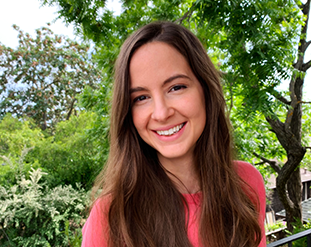
Valerie Black, PhD
Postdocvalerie.black (at) ucsf.edu
I’m a sociocultural and medical anthropologist (PhD UC Berkeley) whose research examines the relationships we form through and with the technologies we use. My work demonstrates how these relationships are not only reflections of ethical considerations, but are also active sites for addressing pressing ethical challenges. My research background focuses on AI in mental health care and the use of generative AI tools in workplaces.
As an ethnographer for the Decision Lab, I apply qualitative research methods—such as interviews and participant observation—to center the lived experiences of patients, caregivers, technologists, medical practitioners, and other stakeholders in the Lab’s array of research projects. I also draw on my background in disability studies to explore more inclusive approaches to neuroethics. The principle of “Nothing about us without us” guides my work.
In my free time, I do things like question the notion of free time, go on walks with my small, loud Pomeranian, and watch Netflix to the point where it asks, “Are you still watching?”

Juliana Friend, PhD
Postdocjuliana.friend (at) ucsf.edu
I am a medical anthropologist specializing in community-engaged qualitative research. As a postdoctoral fellow at the Decision Lab, I conduct interviews to improve care and support for people with dementia and their care partners. Prior to joining the Lab, I worked with Dr. Krista Harrison on research aiming to improve hospice and end-of-life care for people with dementia. My work is guided by the belief that understanding the ethical frameworks of patients is crucial to promoting ethical and equitable healthcare.
Drawing on expertise in digital health, my work has also aimed to amplify the perspectives of diverse constituents on how to leverage the benefits of emerging technologies while minimizing potential harms. Currently, I seek to promote the meaningful involvement of patients in AI governance in collaboration with UCSF’s Bioethics and Regulatory Engagement (BRE) program. My upcoming work bridges interests in dementia and AI, examining the use of eldercare robots to mitigate loneliness.
I feel incredibly lucky that I get to talk with people about their lives for my job. In my free time I love baking cakes, dancing Cuban salsa, and hiking with my dog Mazelle.

Lara Kolawole, MD
Epilepsy Fellowlara.kolawole (at) ucsf.edu
I earned my medical degree from the University of Ibadan in Nigeria and completed my neurology residency training at the University of Texas in Houston. I’m currently pursuing fellowship training in epilepsy at UCSF, where my interests lie at the intersection of epilepsy, health equity, and ethics.
I’m deeply interested in understanding the factors that contribute to health inequities locally and around the world. My passion for neuroethics grew out of seeing the many ethical challenges that abound in clinical neurology and also how rapidly advancing neurotechnologies are reshaping patient care; and how essential it is for physicians to feel equipped to navigate the ethical questions that come with them.
During my residency, I helped design and implement a neuroethics curriculum aimed at empowering future neurologists to engage thoughtfully with ethical dilemmas in their everyday practice. Currently, my work focuses on exploring how ethics education is integrated into epilepsy training and how the field can better prepare future epileptologists to balance innovation with compassion and integrity.

Marcus Piattoni
Research Coordinatormarcus.piattoni (at) ucsf.edu
I am a recent Loyola University Chicago graduate who majored in Neuroscience and minored in Bioethics.
My interest in Neuroethics began when I joined the Bioethics Bowl Team at Loyola University Chicago during my freshman year. Each week, the team would meet to discuss various bioethical cases in preparation for a yearly tournament. These meetings involved deep philosophical discussion, hours of research into various scientific and ethical concepts, and collaboration with team members to answer moral questions pertaining to each bioethical case. The cases we discussed ranged from the ethics of merging A.I. with the human brain to the ethicality of using an artificial uterus to grow the next generation of the human race. While I found nearly all the bioethical topics we discussed quite engaging, the ethical dilemmas surrounding emerging neurotechnology and surrogate decision-making particularly piqued my interest.
My eagerness to learn more about the ethics of neurotechnology and surrogate decision-making ultimately led me to the Decision Lab. Dr. Chiong’s research on neurotechnology, Dementia, and decision-making aligns well with my research interests, and I am grateful to have the opportunity to contribute to such important research.
In my spare time, I enjoy reading, collecting vintage books, thrifting, and playing video games.
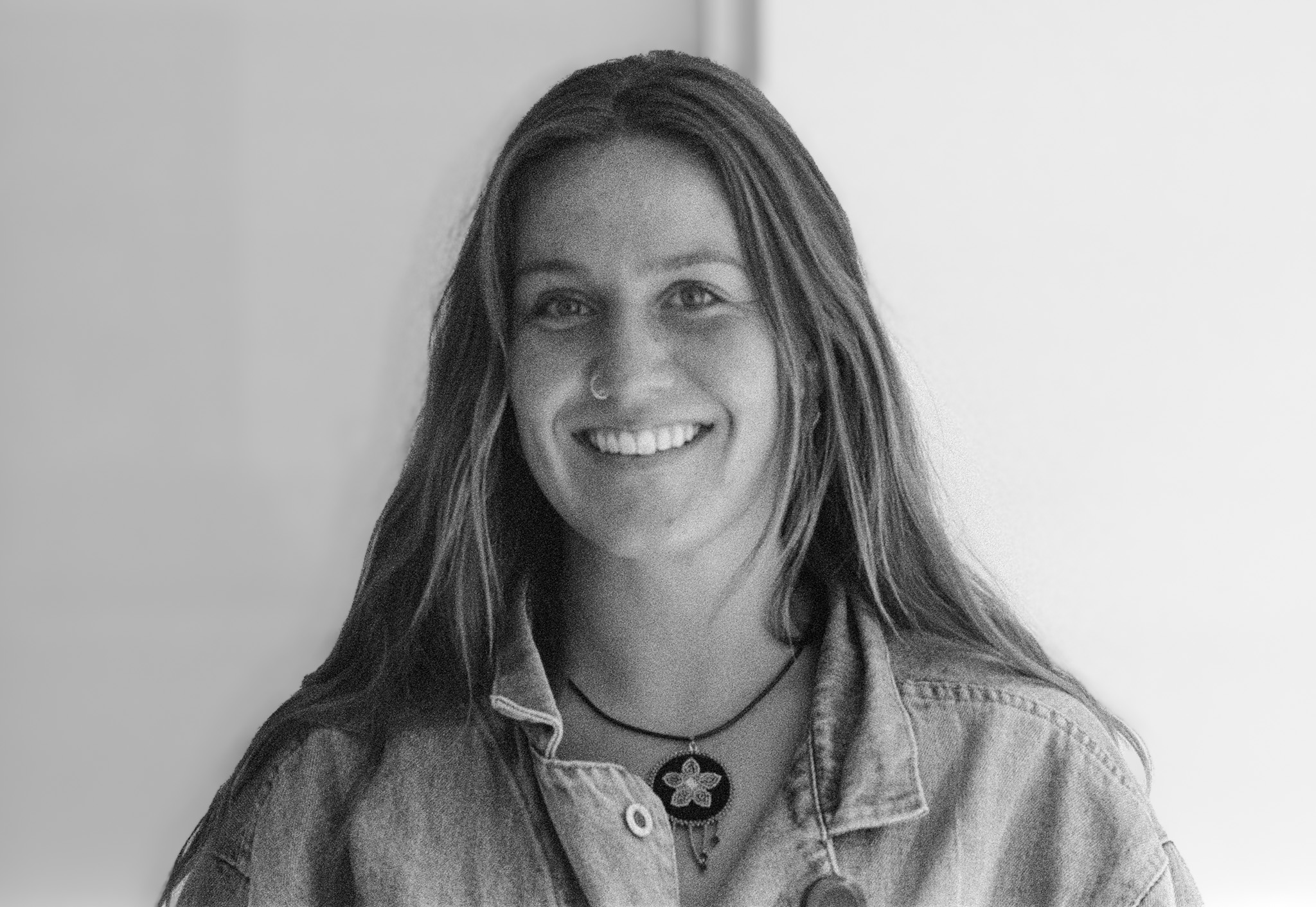
Maya Hunt
Clinical Research Coordinatormaya.hunt (at) ucsf.edu
I am a graduate of Santa Clara University, where I majored in Neuroscience with an emphasis on Applied Ethics. Early in my academic career at SCU, I took a wide range of courses– from Western Philosophy and Informal Logic to Neuroethics. I became deeply interested in understanding the root of the “why” behind human behavior and thought. Neuroscience felt like the right path to satisfy my existing curiosities and promote further intellectual growth. I soon developed a strong interest in the ethical considerations required to navigate the relationship between technology and the brain.
Through various coursework, I explored the ethical and neurological implications of emerging neurotechnologies. I became fascinated by how these innovations can empower, complicate, and challenge our approach to mental health, neurological disorders, and aging.
During my final quarter, I worked with an older individual experiencing memory impairments, administering psychological tests and managing clinical data. This hands-on experience was deeply fulfilling and insightful. After graduation, I worked for a longevity start-up, where I had the opportunity to create a comprehensive framework for guiding ethical decision-making in neuropsychological testing and treatment. These back-to-back experiences reinforced my commitment to understanding the nuances of technology in healthcare and clinical practice with empathy.
I am grateful for this opportunity to broaden my learning and expand my research experience.
In my spare time, I enjoy yoga, photography, and hiking.
students
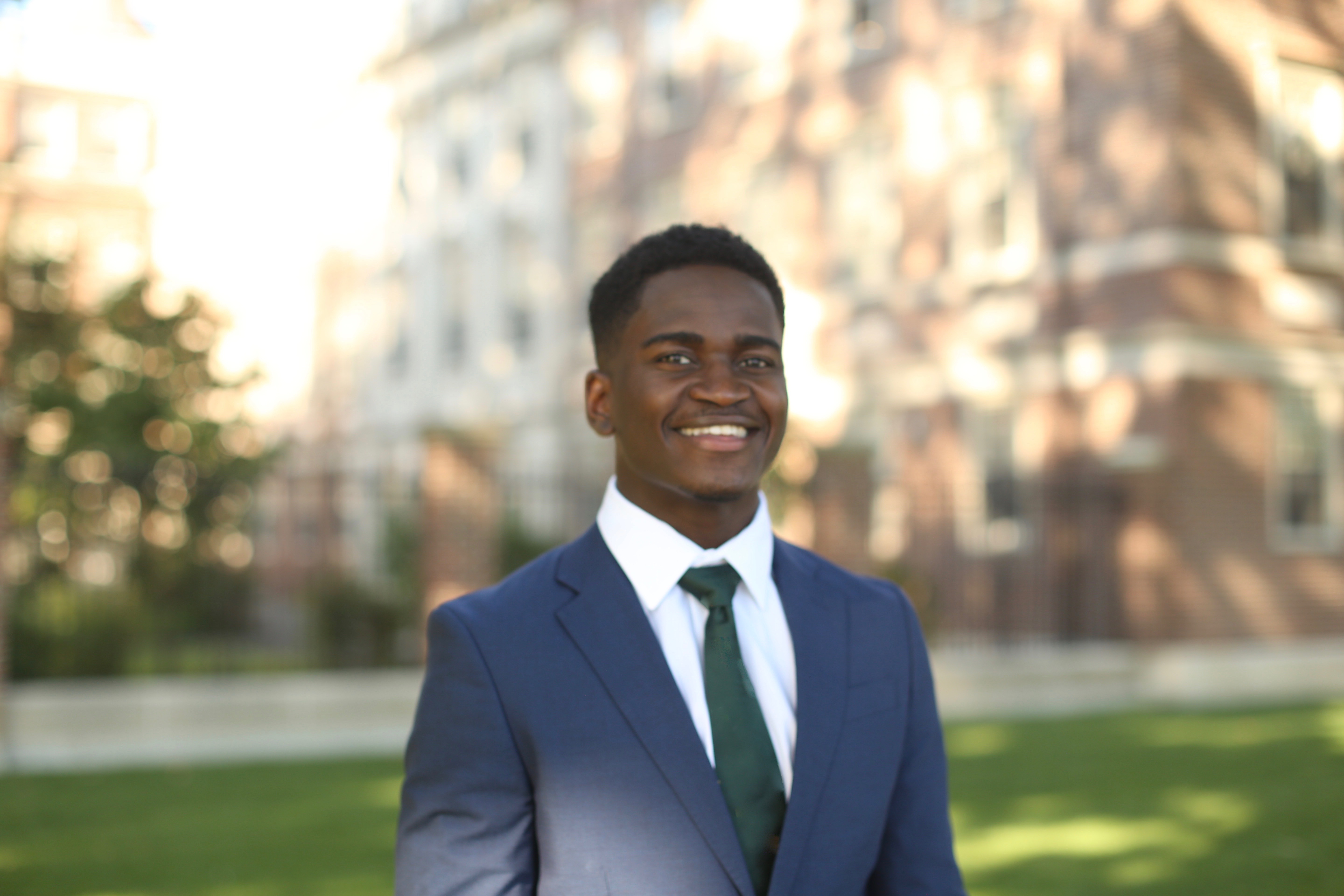
Abraham Dada
Medical Studentabrahan.dada (at) ucsf.edu
I am a medical student at the University of Califonria, San Francisco. After working at Dreem Health, a neurotech company expanding access to sleep care, I was eager to join the Decision Lab and understand public reception to neuro innovation. My contributions to our Neuroethics Survey Project seek to outline how race, ethnicty, and rurality influence beliefs about therapeutic implanated neural devices. Previously, I’ve explored social cognition, dementia, and I hope to pursue further research in neural interfaces at UCSF.
I recieved my B.A. in Neuroscience with a minor in Social Anthropology from Harvard Univeristy. Determined to bridge the slow, yet insightful practices of research with the rapid, socially impactful capital of investing, I interned at BrainMind, a community of neuroscientists, investors, philathropists, and entrepreneurs looking to bring socially-impactful neuro innovatios to market, during college. While at BrainMind, I devoted my time to developing its flagship, Neuroethics Advisory Commitee. Convening policymakers, academics, entrepreneurs, and investors we sought to challenge this multidisplincary group to rethink how we sustainably integrate ethics into neuro innovation. Outside of neurotech, ethics, and medicine, I enjoy working out, and playing guitar and basketball.
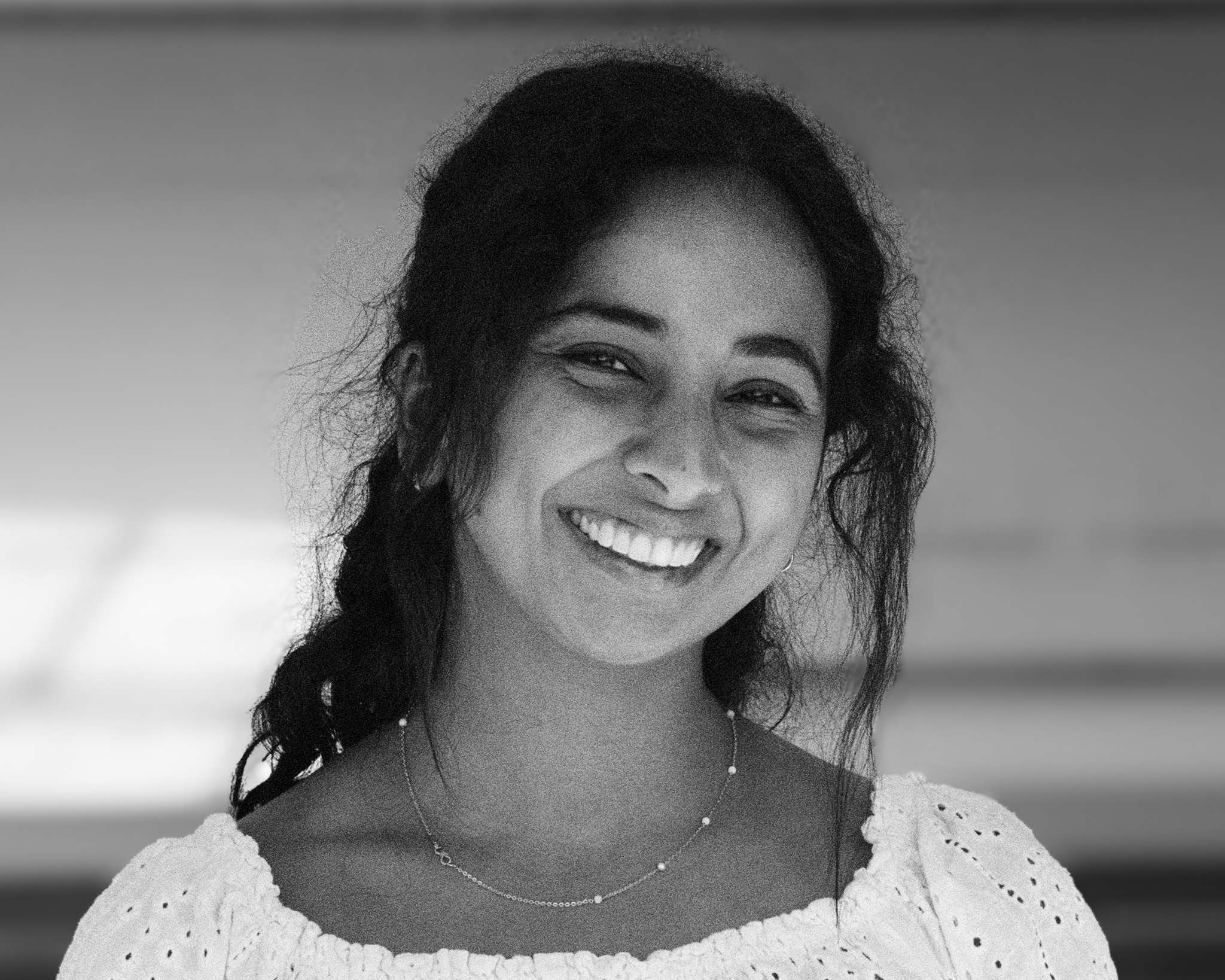
Jaaie Varshney
Medical Studentjaaie.varshney (at) ucsf.edu
I am a medical student at the University of California, San Francisco. I’m fascinated by the mind-body connection, particularly how medical illness and mental health interact to shape human behavior. I’m excited to join the Decision Lab to explore how personal values evolve over the course of Alzheimer’s disease and frontotemporal dementia.
I previously attended the University of Georgia, where I earned degrees in women’s studies and political science. My interdisciplinary background informs my interest in the intersection of philosophy, anthropology, and medicine.
In my free time, I enjoy road and trail running, visiting museums, and reading.

Carleigh Williams
Medical Studentcarleigh.williams (at) ucsf.edu
I am a medical student at the University of California, San Francisco. I became interested in dementia and the dynamics around caregiving from personal experience as a caregiver for my grandmother. Additionally, my interest in clinical neurology blossomed during my time in medical school. I’m excited to begin working in the Decision Lab to study personal values in Alzheimer’s disease and frontotemporal dementia, and the impact of that on caregivers and advanced care planning.
I recieved my B.S. in Physiology at San Francisco State University. During my time there I was able to learn more about health equity and social determinants of health through my volunteer experiences in the community, and I continue to carry these lessons with me in the work that I pursue.
In my free time I enjoy baking cookies, doing and watching gymnastics, and playing games of all kinds.
affiliate members
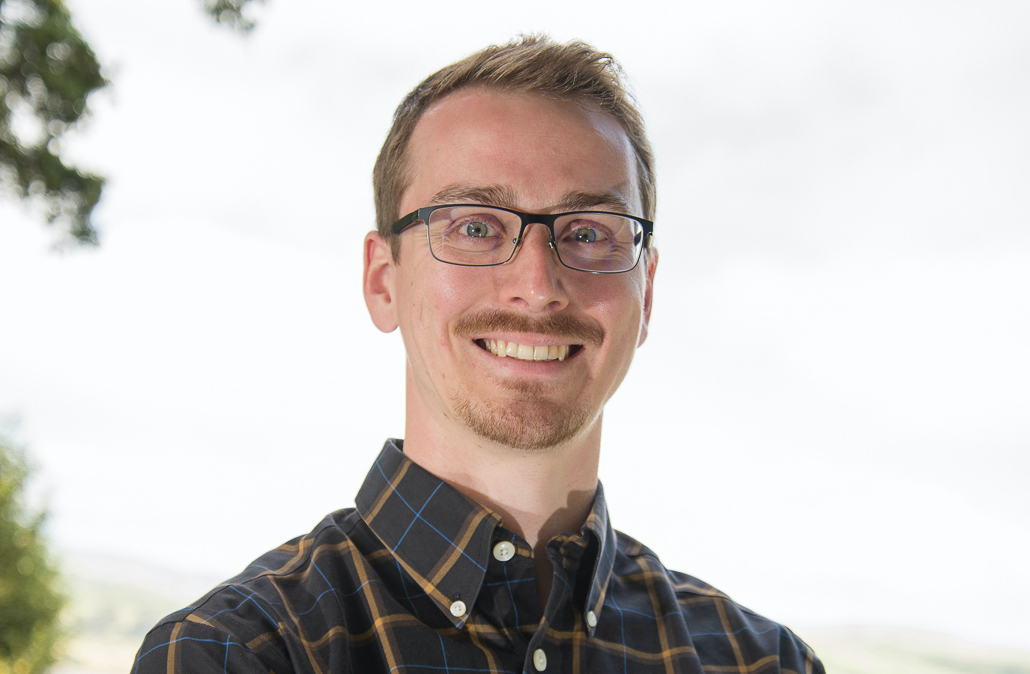
Colin Hoy, PhD
Postdoccolin.hoy (at) ucsf.edu
https://profiles.ucsf.edu/colin.hoy
Scholar Citations
I’m a neuroscientist and postdoctoral scholar in the UCSF Movement Disorders and Neuromodulation Center studying motivation in Parkinson’s disease with Drs. Simon Little and Phil Starr and neuroethics here in the Decision Lab.
In the Little and Starr Labs, our group aims to treat motor and nonmotor (e.g., sleep, cognition, emotion) deficits in patients with Parkinson’s disease using neurosurgically implanted deep brain stimulation (DBS) devices. My main research project focuses on understanding apathy and impulsivity symptoms in these patients by (1) measuring goal-directed and habitual decision making with computational reinforcement learning models; (2) mapping these cognitive processes to neural activity using chronic invasive brain recordings; and (3) modulating these neural circuits using dopaminergic medications and DBS.
In the Decision Lab, I’m studying bioethics to better understand the ethical, legal, and social implications of neurotechnology. For example, if brain stimulation can alter motivation or other aspects of one’s personality and identity, how should we deploy and regulate these treatments? I hope that combining neuroethics with my basic and clinical neuroscience research will help inform guidelines for the responsible use of neurotechnology.
I graduated in 2012 from Hendrix College with a BA in Neuroscience before spending two years as a postbaccalaureate researcher at the National Institute of Mental Health working on functional MRI methods. In 2021, I graduated from UC Berkeley with a PhD in Neuroscience in which I studied cognitive control using intracranial brain recordings from epilepsy patients. Outside of the lab, I enjoy playing ultimate frisbee, hiking, kayaking, and camping.
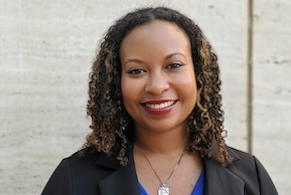
Ashley Jackson
Research Coordinatorashley.jackson3 (at) ucsf.edu
I am transitioning from a former career as a Ballet dancer to a field of medicine, science, and groundbreaking clinical research. I graduated Magna Cum Laude with a Performing Arts Degree in the Liberal Education for Arts Professionals program at Saint Mary’s College of California. Among several extracurricular activities, I also enjoyed being a part of the Phi Theta Kappa Honor Society and the Alpha Gamma Sigma Honor Society.
While focusing on my artistry as a ballerina, I enjoyed traveling the world and experiencing unique cultures. In my dance career, I was awarded the Princess Grace Award, a Congressional Black Caucus Foundation’s Performing Arts Medal, and the Chris Hellman Award, among other newspaper and magazine features. While I appreciate and value my time in the dance world, I always knew that I would like to go into medicine one day.
Compassion for our elderly with dementia is a value that is essential in society, so I am incredibly interested in researching and assisting with projects that enhance their quality of life. This is one of many reasons I believe in and value the research at the UCSF Memory and Aging Center.
In my spare time, I enjoy swimming, hiking, reading, and Pilates.
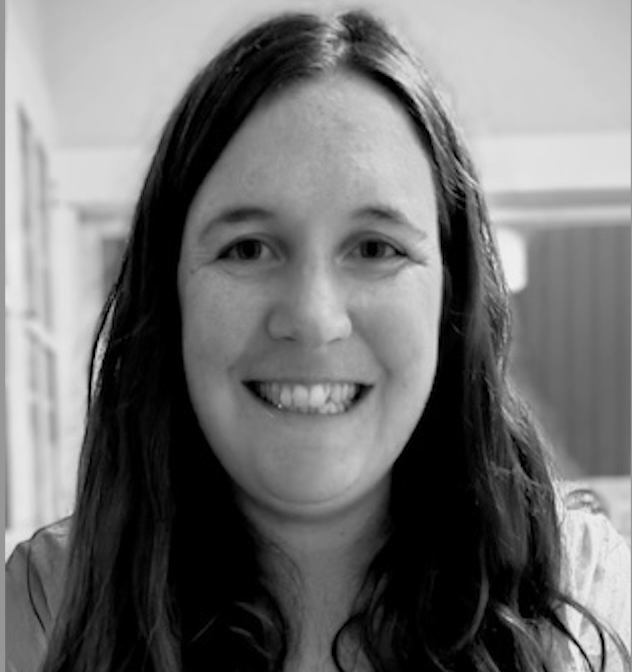
Ignacia Arteaga, PhD
Postdocignacia.arteaga (at) ucsf.edu
I am a Postdoctoral Scholar at the Institute for Health Policy Studies, University of California, San Francisco. Trained as a medical anthropologist at the University College London and the University of Cambridge in the UK, my research explores how patients, caregivers, and health professionals navigate emerging health technologies, with a focus on older adults living with serious illnesses such as cancer and dementia.
I currently contribute to multiple NIH- and state-funded studies on Alzheimer’s Disease and Related Dementias (ARDD). These include; DISCERN-MC, a multi-site ethnographic study of decision-making in diverse communities; CDPH Migration and Dementia, which examines the needs of migrants with dementia and the organizations supporting them; BUILD-PC, an ethnographic study of primary care workforce capacity for ADRD diagnosis; ADDPCP, which evaluates novel diagnostic tools, including the implementation of blood-based biomarker t esting in primary care; and The National Dementia Workforce Study (NDWS), focused on the challenges and supports shaping dementia care across the healthcare system.
Previously, I led REPRESENT, a transatlantic collaboration funded by Cancer Research UK to advance community engagement and participant inclusion in early cancer detection research.
My work has been supported by grants from the Chilean National Agency for Research and Development (ANID), Cancer Research UK, DREAMS, the California Department of Public Health, and the National Institutes of Health.
alumni
previously: Undergraduate Research Assistant
now: Colorectal Surgery Fellow, University of Pennsylvania
https://scholar.google.com/citations?user=neOBd-YAAAAJ&hl=en
previously: Medical Student
now: Assistant Professor, Brigham and Women's Hospital Department of Pulmonary and Critical Care
https://connects.catalyst.harvard.edu/Profiles/display/Person/139292
previously: Research Coordinator, then Medical Student
now: Clinical Fellow, UCSF Department of Medicine
https://profiles.ucsf.edu/alex.beagle
previously: Research Coordinator
now: Graduate Student, UCSD Department of Cognitive Science
https://scholar.google.com/citations?user=WmnfOmUAAAAJ&hl=en
previously: Research Coordinator
now: Resident Physician, UCSF Neurology
https://www.linkedin.com/in/azahir1
previously: Medical Student
now: Resident Physician, Boston Children's Hospital Pediatrics/Anesthesia
https://www.linkedin.com/in/julia-heunis-a509256a
previously: Research Coordinator
now: Resident Physician, UCSF Benioff Children's Hospital Oakland
previously: Research Coordinator
now: Graduate Student, UCSD Rady School of Management
https://www.linkedin.com/in/heather-romero-kornblum-810bab15a
previously: Research Coordinator
now: Legal Advocate, Positive Health Center
previously: Research Coordinator
now: Medical Student, UCLA School of Medicine
previously: Research Coordinator
now: Medical Student, Mayo Clinic Alix School of Medicine
previously: Student Intern
now: Registered Nurse Case Manager, Stanford Health Care
previously: Medical Student
now: Resident Physician, Stanford Department of Neurology
https://connects.catalyst.harvard.edu/Profiles/display/Person/199446
previously: Medical Student
now: Clinical Fellow, Brigham and Women's Hospital
previously: Research Coordinator
now: Software Engineer, Genentech
https://www.linkedin.com/in/clayton-young-b86a49148
previously: Student Intern
now: PA Student, Thomas Jefferson University
previously: Student Intern
now: Medical Student, Yale School of Medicine
previously: Medical Student
now: Resident Physician, UCSF Department of Neurology
previously: Behavioral Neurology Fellow
now: Assistant Professor of Neurology, Boston University
https://www.bumc.bu.edu/neurology/profile/steven-lenio-md/
previously: Research Coordinator
now: Clinical Ethics Fellow, Sutter Health
https://www.sutterhealth.org/services/bioethics/bioethics-team
previously: Postdoc
now: Independent Researcher
previously: Associate Specialist
now: Graduate Student, Northern Arizona University College of Social and Behavioral Sciences
https://scholar.google.com/citations?user=J7XgG_wAAAAJ&hl=en
previously: Epilepsy Fellow
now: Assistant Professor, University of Colorado Department of Neurology
https://som.cuanschutz.edu/Profiles/Faculty/Profile/39599
previously: Postdoc
now: Assistant Professor, University of San Francisco Department of Neuroscience
https://www.usfca.edu/faculty/narayan-sankaran
previously: Research Coordinator
now: Graduate Student, UCLA Fielding School of Public Health
previously: Postdoc
now: Postdoc, University of Poitiers
previously: Research Coordinator
now: Graduate Student, The Wright Institute (Berkeley)
previously: Master's Student
now: Research Assistant, Hamilos Lab, MIT
previously: Behavioral Neurology Fellow
now: Assistant Professor, University of Washington Department of Neurology
https://www.linkedin.com/in/manizhe-eslami-amirabadi-2019/
collaborators
Assistant Professor, Institute for Health Policy Studies
https://profiles.ucsf.edu/alissa.bernstein
Professor and Chair, UCSF Department of Neurological Surgery
http://changlab.ucsf.edu/
Professor, UCSF Institute for Health Policy Studies
https://profiles.ucsf.edu/dan.dohan
Associate Professor, UCSF Division of Hospital Medicine and Department of Social and Behavioral Sciences
https://profiles.ucsf.edu/elizabeth.dzeng
Professor, University of Pennsylvania Departments of Neurology and Physical Medicine & Rehabilitation
https://www.med.upenn.edu/lcns/people.html
Executive Director, UCSF/UC Law SF Consortium on Law, Science & Health Policy
https://www.uclawsf.edu/people/sarah-hooper/
Associate Professor, UC Berkeley Haas School of Business and Helen Wills Neuroscience Institute
http://neuroecon.berkeley.edu/
Associate Professor, UCSF Institute for Health and Aging
https://emancipatorysciences.ucsf.edu/people/jennifer-james-phd-ms-msw
Professor, UC Riverside Department of Philosophy
https://profiles.ucr.edu/app/home/profile/jaworska
Assistant Professor, University of Wisconsin Department of Neurology
https://neurology.wisc.edu/people/ketchum-frederick/
Professor, UCSF Memory and Aging Center
https://profiles.ucsf.edu/katherine.possin
Division Chief and Associate Professor, UCSF Epilepsy Center
https://profiles.ucsf.edu/vikram.rao
Assistant Professor, MIT Program in Science, Technology, and Society
https://sts-program.mit.edu/people/sts-faculty/oliver-rollins/
Professor, UCSF Department of Neurological Surgery; Co-Director, UCSF Surgical Movement Disorders Clinic
https://starrlab.ucsf.edu/
Assistant Professor, Rutgers University Department of Neurology and Brain Health Institute
https://www.stileslab.com/
 Decision Lab
Decision Lab